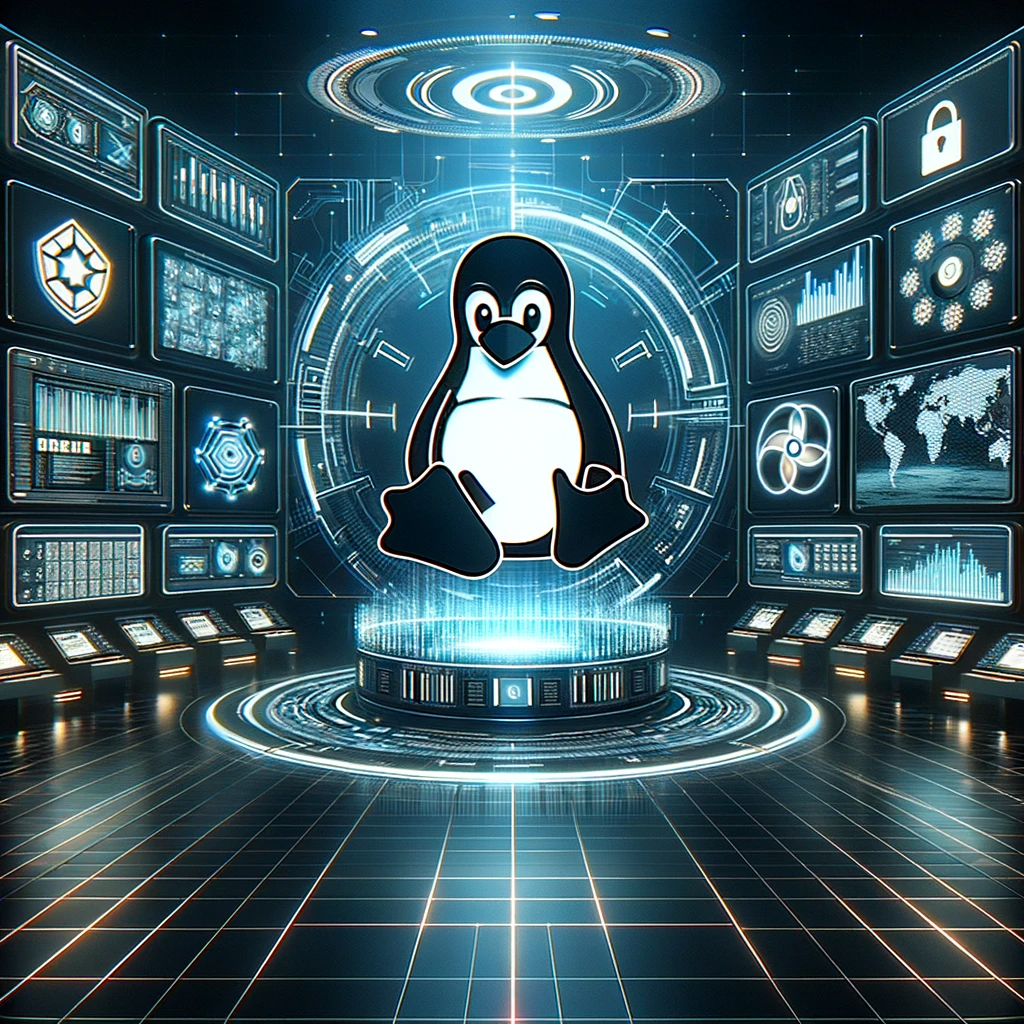The Evolving Threat Landscape and Linux’s Response
In 2024, the cyber world continues to witness a sharp rise in sophisticated cyberattacks, posing significant challenges to system security, including that of Linux. As technology advances, so do the techniques and procedures used by cybercriminals. In response, Linux has shifted its focus to developing and enhancing robust security features. The coming years will see Linux systems introducing advanced security features, offering an enhanced level of device safety, authentication protocols, and access controe】.

Addressing Software Supply Chain Security
One crucial area of focus is open-source software supply chain security. As digital resources pass through various hands, they become susceptible to supply chain attacks. These threats have prompted a significant shift in how open-source security, including that of Linux, is managed. Ensuring the integrity of the supply chain has become paramount, requiring a concerted effort to address these evolving threae】.
Dispelling Common VPN Myths
In the realm of online privacy, Linux has made strides in demystifying common VPN myths. As VPNs become vital for safeguarding online privacy, there’s a need for clear, factual information about their use and capabilities. Linux security experts have taken on the task of educating users, helping them make informed decisions about their online privacy and securie】.
A Holistic Approach to Security
In 2024, Linux security has taken a more general and holistic approach, covering all aspects such as hardware, network infrastructure, applications, and user behavior. This heterogeneous approach addresses all vulnerabilities within the system’s attack surface, with risk mitigation plans developed for each area. The focus on vulnerability detection and correction has intensified, acknowledging the growing sophistication of cyber threae】.
Future Outlook: Enhanced Linux Security
As we look towards the future, Linux is poised to continue its role as a secure and reliable operating system, adapting to the ever-changing landscape of cyber threats. The focus on end-to-end security, from hardware to user-level applications, signifies a comprehensive strategy to safeguard systems against a variety of cyberattacks.
In conclusion, the year 2024 marks a significant evolution in Linux security. With a focus on advanced security features, software supply chain integrity, VPN education, and a holistic security approach, Linux is well-equipped to face the cybersecurity challenges of the future. This commitment to security, combined with the system’s inherent flexibility and open-source nature, ensures that Linux remains a resilient and trusted platform in the fight against cyber threats.



